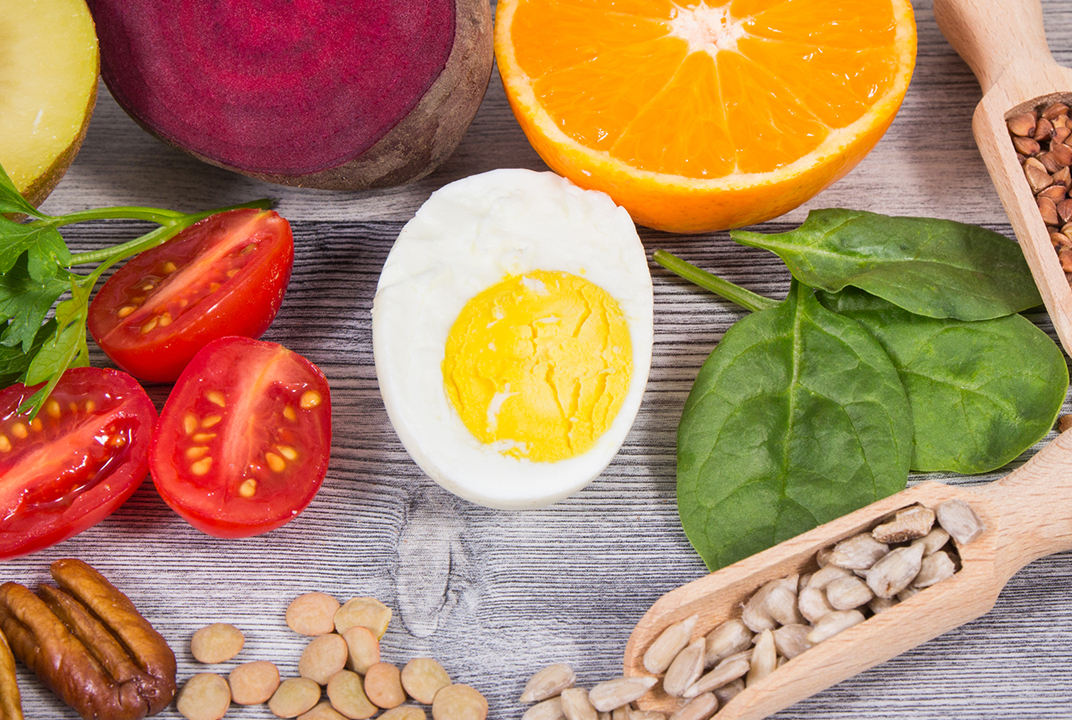There are thousands of phytonutrients, each with unique properties and benefits. Common categories include flavonoids, carotenoids, and glucosinolates. Flavonoids, found in fruits, vegetables, and teas, are known for their antioxidant properties, which help combat oxidative stress and inflammation. Carotenoids, present in colorful fruits and vegetables like carrots and sweet potatoes, contribute to eye health and immune function. Glucosinolates, found in cruciferous vegetables such as broccoli and kale, are linked to cancer prevention. By consuming a diverse range of plant-based foods, you can maximize your intake of these beneficial compounds.
Incorporating phytonutrients into your diet is easier than you might think. One effective strategy is to focus on a colorful plate. Aim to include a variety of fruits and vegetables in different colors, as each color often represents a different set of phytonutrients. For example, red foods like tomatoes and strawberries contain lycopene, while green foods like spinach and kale are rich in lutein. By diversifying your food choices, you not only enhance your nutrient intake but also make meals more visually appealing.

Another tip is to explore different cooking methods to preserve and enhance phytonutrient content. Steaming vegetables, for instance, can retain more nutrients compared to boiling. Additionally, incorporating raw foods into your diet can provide a concentrated source of phytonutrients. Smoothies made with leafy greens, berries, and other fruits can be a delicious way to boost your intake. Experimenting with herbs and spices like turmeric and ginger can also add phytonutrients to your meals while providing flavor.
It is important to note that phytonutrients work synergistically, meaning their health benefits are often enhanced when consumed together. This is why whole foods are preferred over supplements. A diet rich in whole foods not only provides phytonutrients but also offers fiber, healthy fats, and other essential nutrients that work together to support health. Additionally, consuming a variety of foods helps ensure that you receive a broad spectrum of phytonutrients.
Many people may not realize that phytonutrients can also support mental health. Certain compounds, such as flavonoids found in dark chocolate and berries, have been linked to improved mood and cognitive function. By prioritizing foods rich in phytonutrients, you can support both your physical and mental well-being.
Finally, being mindful of sourcing your food can enhance your phytonutrient intake. Organic fruits and vegetables may contain higher levels of phytonutrients due to the absence of synthetic pesticides and fertilizers. Supporting local farmers and choosing seasonal produce can also lead to fresher, more nutrient-dense options.
Incorporating phytonutrients into your diet is a powerful way to enhance your health and prevent disease. By focusing on a variety of colorful, whole foods, you can enjoy the numerous benefits these plant compounds offer. Embracing a diet rich in phytonutrients not only supports your physical health but also contributes to your overall quality of life.






